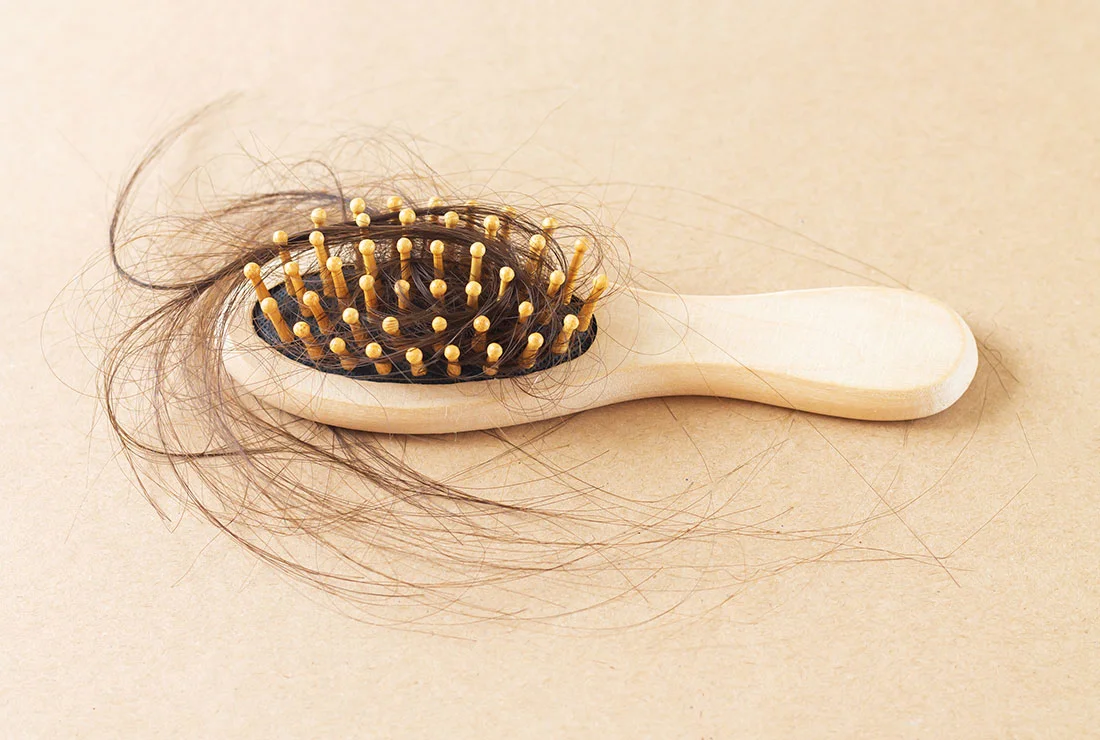- Avoid tight hairstyles. Try not to pull, twist, or rub your hair aggressively.
- Ensure a balanced diet, especially rich in iron and protein, to support hair health.
- Choose shampoos suitable for your scalp condition. The shampoo should not cause allergic reactions, itching, dandruff or scalp rash.
- Hair styling products and tools, such as blow dryers, hair straighteners, hair dyes, bleaches and perms, can also contribute to hair loss.
- Manage stress. Keep a relaxed mind. If facing hair loss, consult a doctor to determine the exact cause and receive appropriate treatment tailored to your needs.
Hair loss is a common issue and can happen daily. In most cases, it is temporary. Some people may feel indifferent and accept it, especially when it occurs naturally or with age, making treatment unnecessary. However, for others, hair loss can lead to a lack of confidence, stress and anxiety, affecting daily life. Therefore, it's essential to consult a doctor to diagnose the cause and determine the most effective treatment for hair loss.

